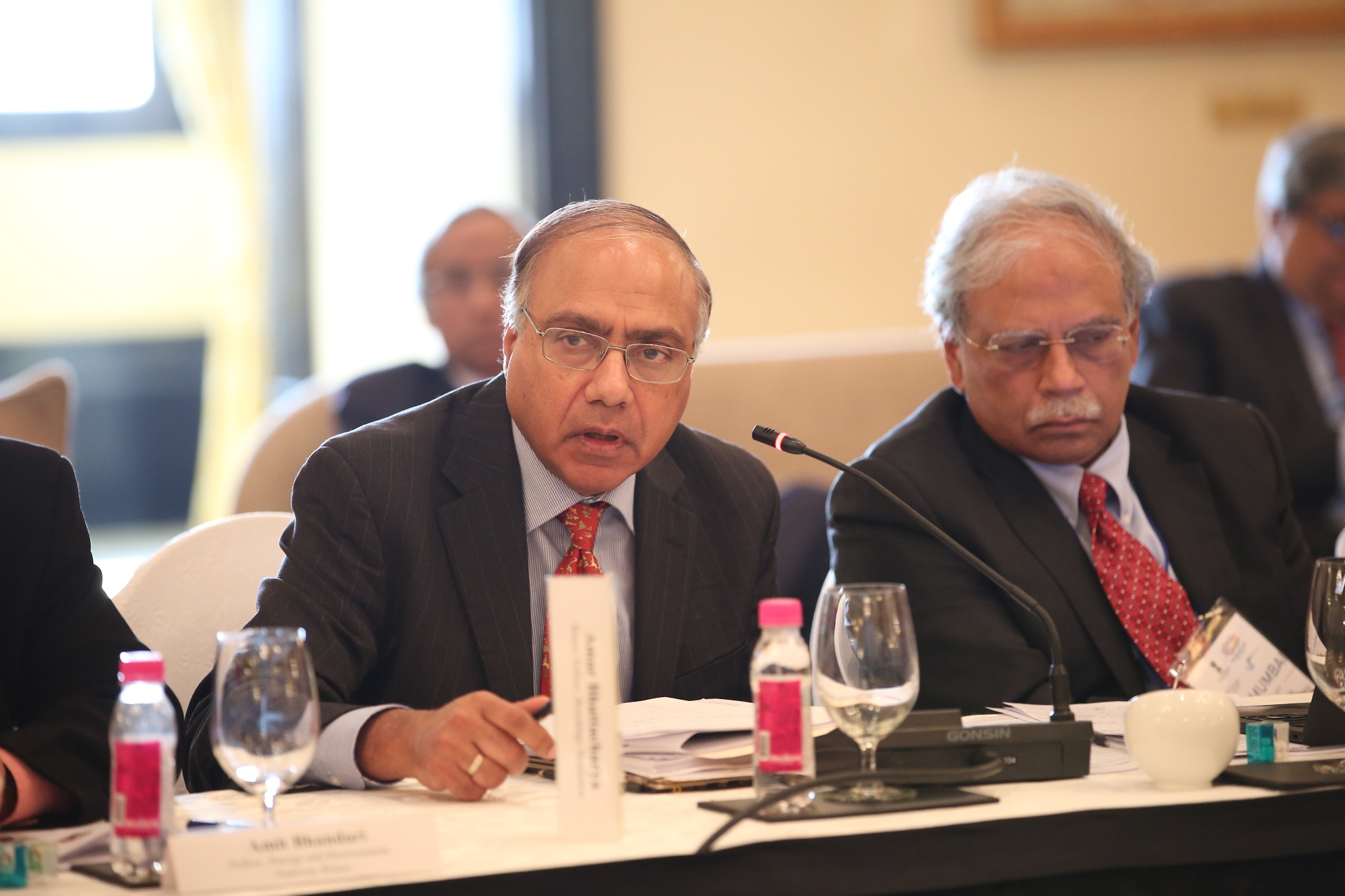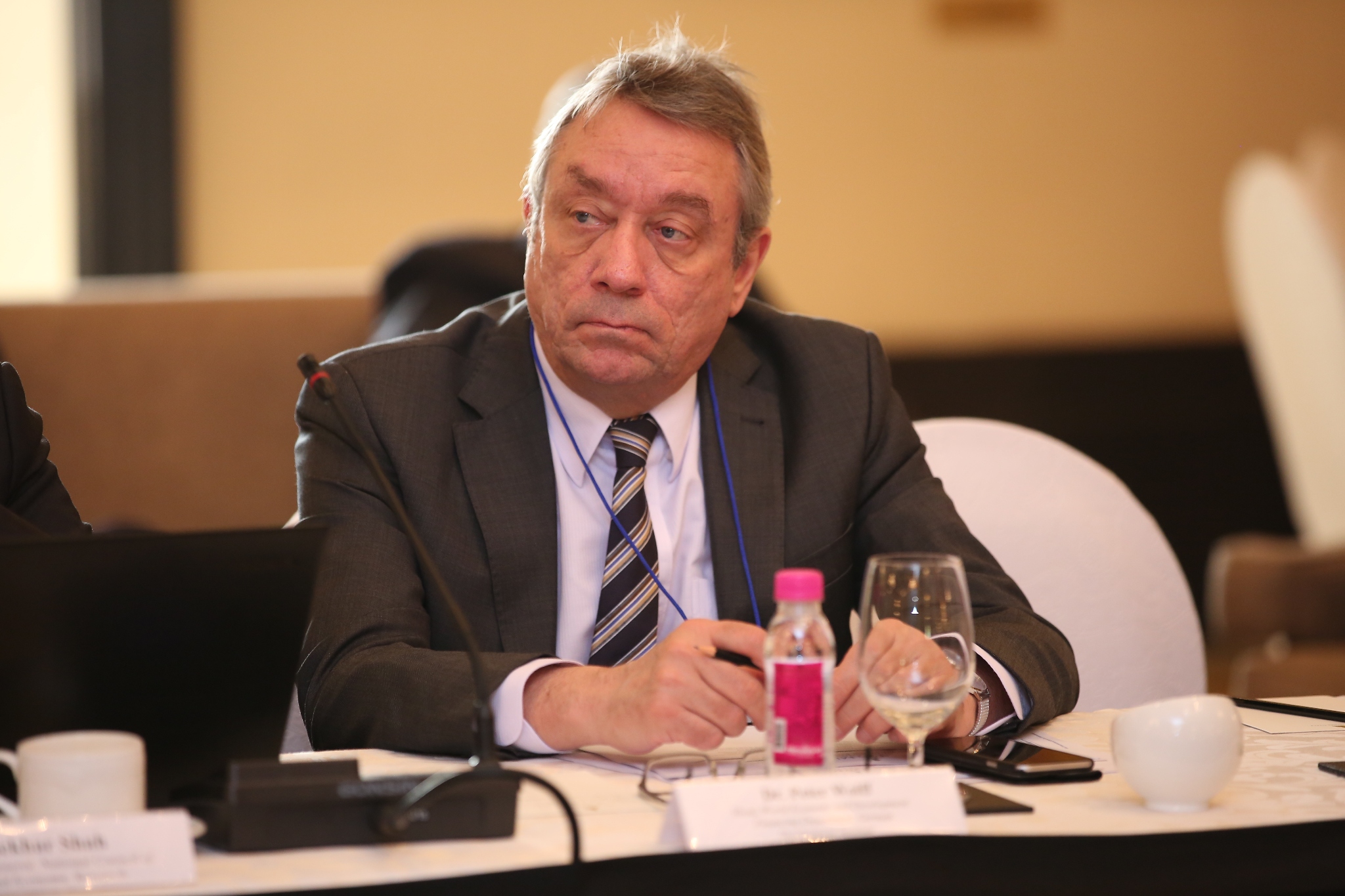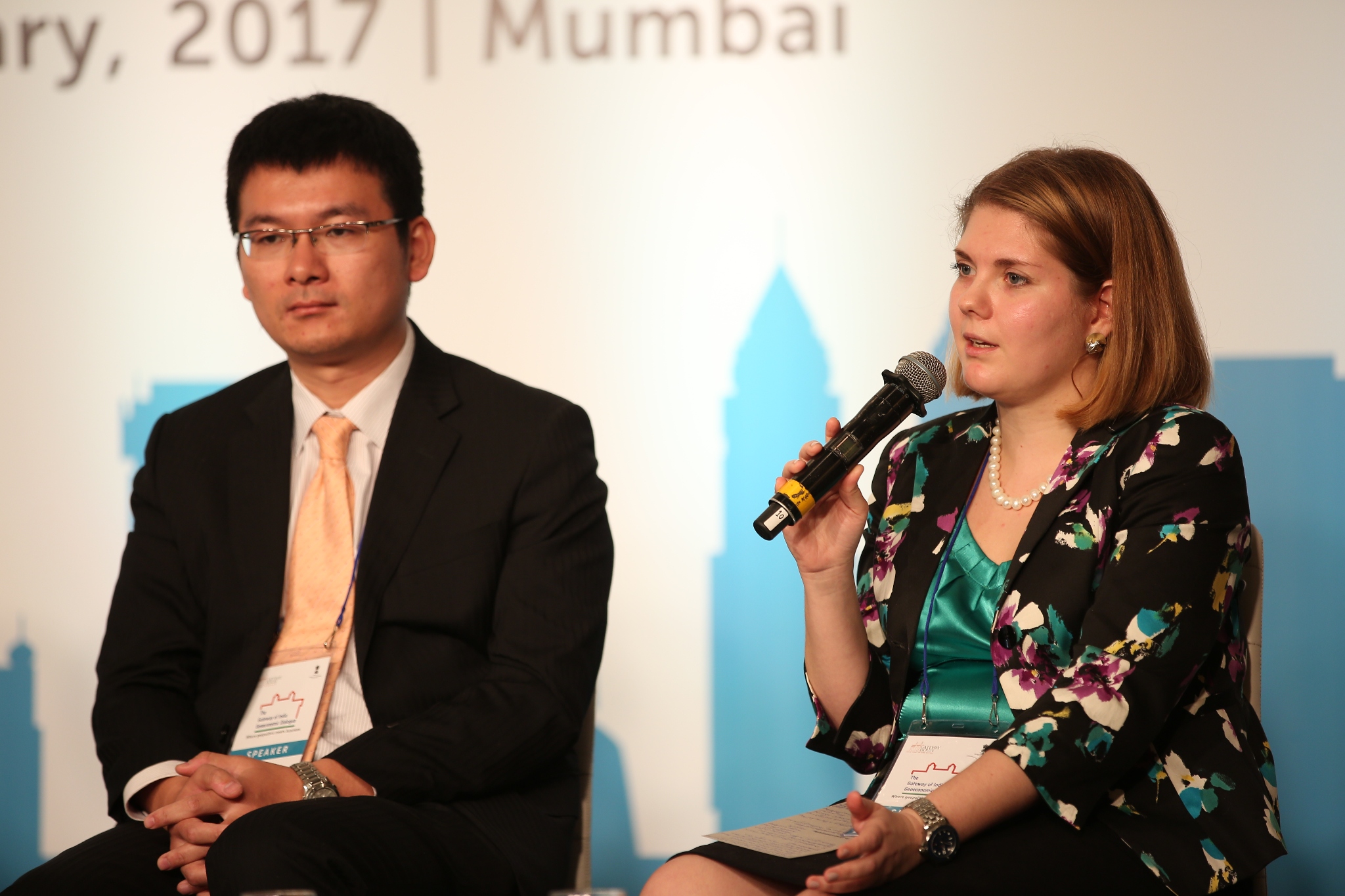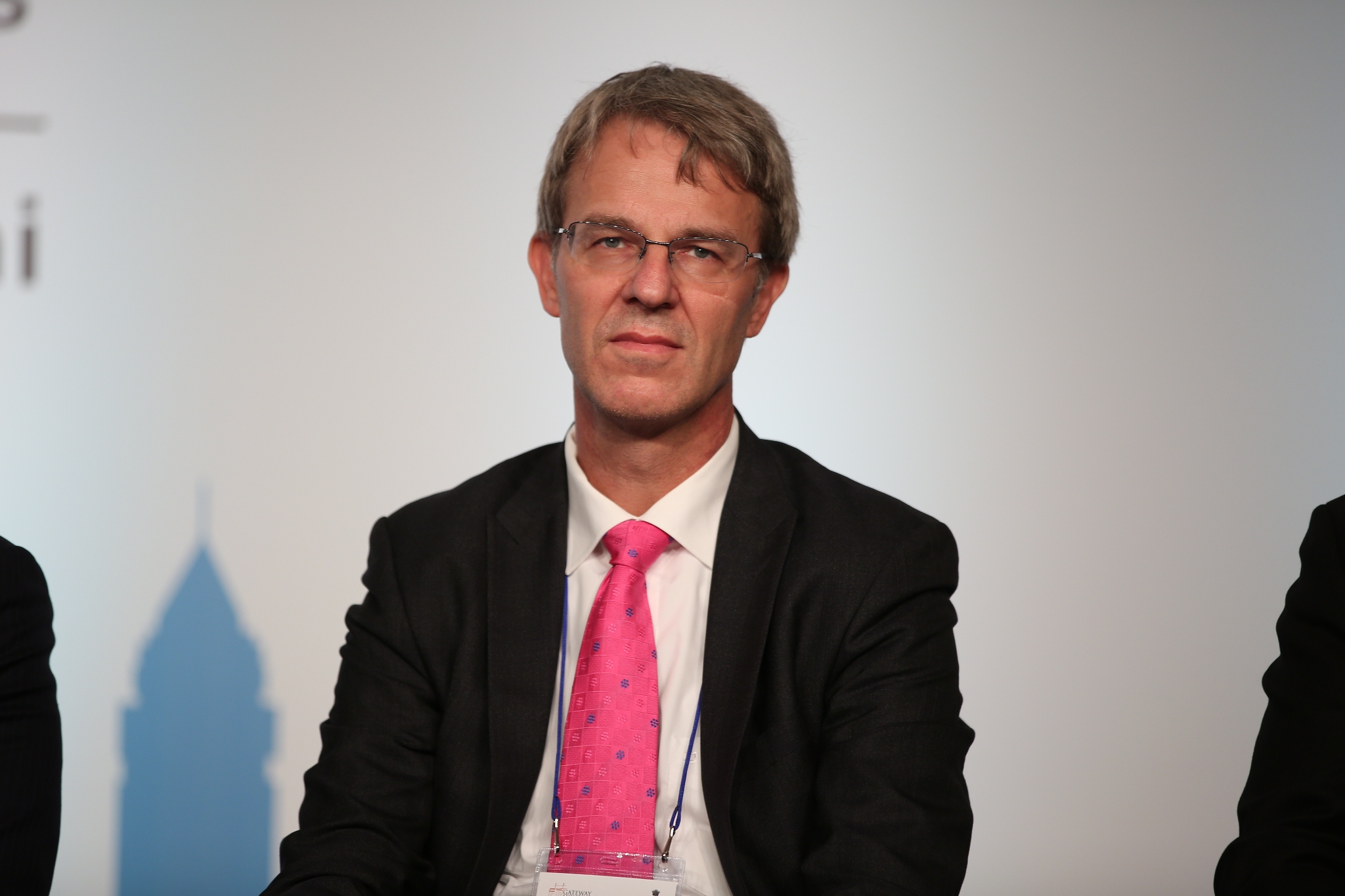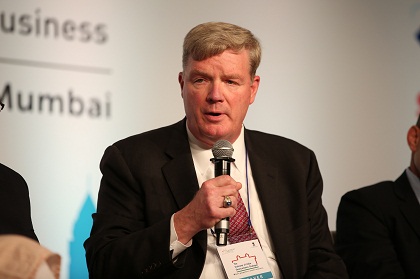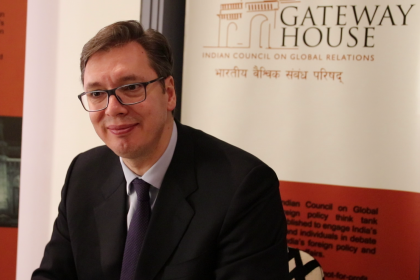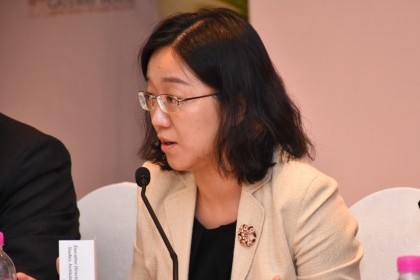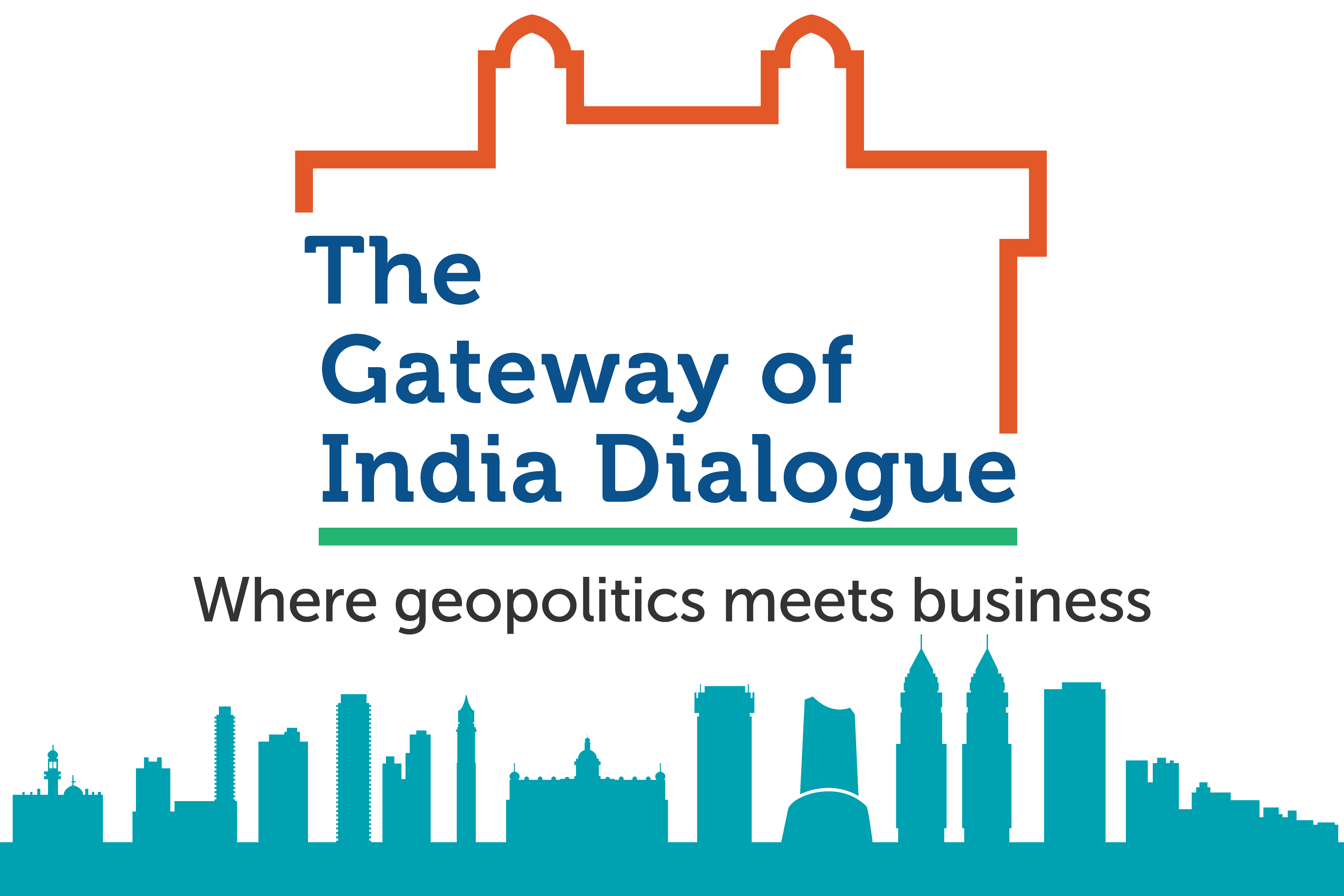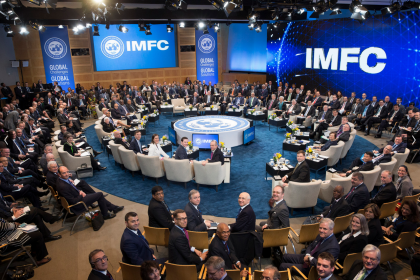Private Sector and Multilateral Institutions: sources of green finance
In Amar Bhattacharya's interview he discusses the desperate need for additional finance to succeed in implementing measures for climate change mitigation. He stresses on the special need for countries like India to access capital, make this transition, and serve as an example for other emerging markets. He highlights the importance of the private sector in entering the green financing sphere as well as the need for the government to establish the blueprint and safety nets necessary to enable these private financiers to invest in green infrastructure.

